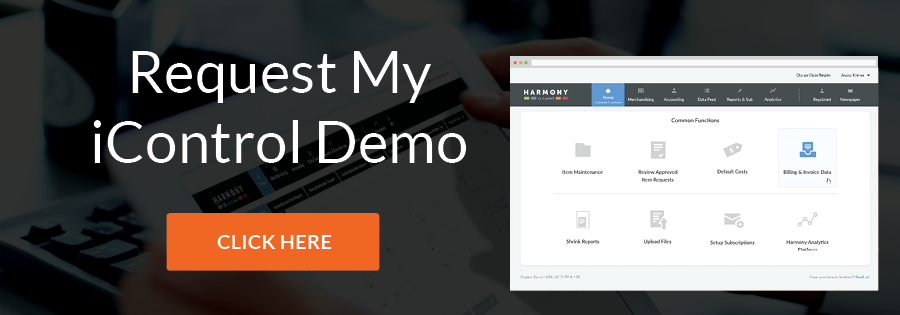
Being a supply chain director is no easy job, especially when having to exchange data with partnering retailers. You've perhaps worked as a supply chain director for years and became accustomed to many manual procedures in sharing data. But as the business world became more complex in recent years, you've probably become frustrated at the old procedures.
This is a bigger problem when the retailer you partner with starts to expand and needs higher demands from your warehouse. If you're still using paper and other aging technology, this can start to bring more downtime in correcting errors, or in attempting to share documents.
Data sharing becomes a true Herculean task when you're relying on paper for invoices and other important forms. It involves having to email, phone in, or personally deliver data, which ultimately leads to mistakes. As a result, it also leads to incorrect data.
Here's how to stop blaming retailers for bad data due to communication problems. You can find answers by gaining more visibility and using data exchange features in the proper data sharing platform.
Automation to Improve Accuracy
Evidence shows a lot of bad data comes from manual data entry errors. When a retailer also relyies on manual systems, errors are bound to happen, including when data needs entering in separate databases. This only brings extra costs trying to fix the mistakes later, which adds up when it becomes a recurring problem every month.
Automation in dealing with invoices and order information helps enter pertinent data through a scanning process. As a result, it brings everything together in one place for a complete view of what's going on between you and the retailer.
It eliminates the retailer having to correct inaccuracies in data. Automated systems also check on pricing before going to a retailer's pricebook so they can easily share the information without calling or sending emails.
Accurate Invoice Data
As a supply chain director, one of your biggest headaches is undoubtedly receiving inaccurate invoice payments from the retailer. If they're still using a paper-based system, it becomes even more problematic and leads to invoice payments going missing, let alone mistakes.
E-invoices are the answer where standardized data formats eliminate all inaccuracies. Streamlining how the retailer processes invoices helps achieve a better data sharing approach between you since any discrepancies get automatically reported. The latter occurs before payment of the invoice takes place.
Ultimately, this helps you and your delivery drivers since they won't have to verify invoices with the retailer before starting their day.
Better Visibility On Sales
Data sharing in real-time is invaluable for businesses today, and having software with ability to monitor POS sales as they occur immediately improves communication. Doing this gives instant information on how much inventory is left and sales data.
Before this technology, you no doubt found it hard to coordinate with the retailer on what their inventory actually was vs. the records you had available. Once again, you might have blamed the retailer for passing off bad data when the process you were both using was the real culprit.
Improved Visibility Through Analytics
Any data sharing technology needs to have thorough analytics that's easily comprehensible. You can't have clarity in sharing data between retailers and suppliers without knowing what's occurred, what's happening now, and having metrics for the future.
Analytics for item ranking is important for the retailer, including historical trend data. Category management metrics gives more details on POS sales so you can always know how well your retail partner is doing.
Contact us to learn more about iControl's data harmonization.
